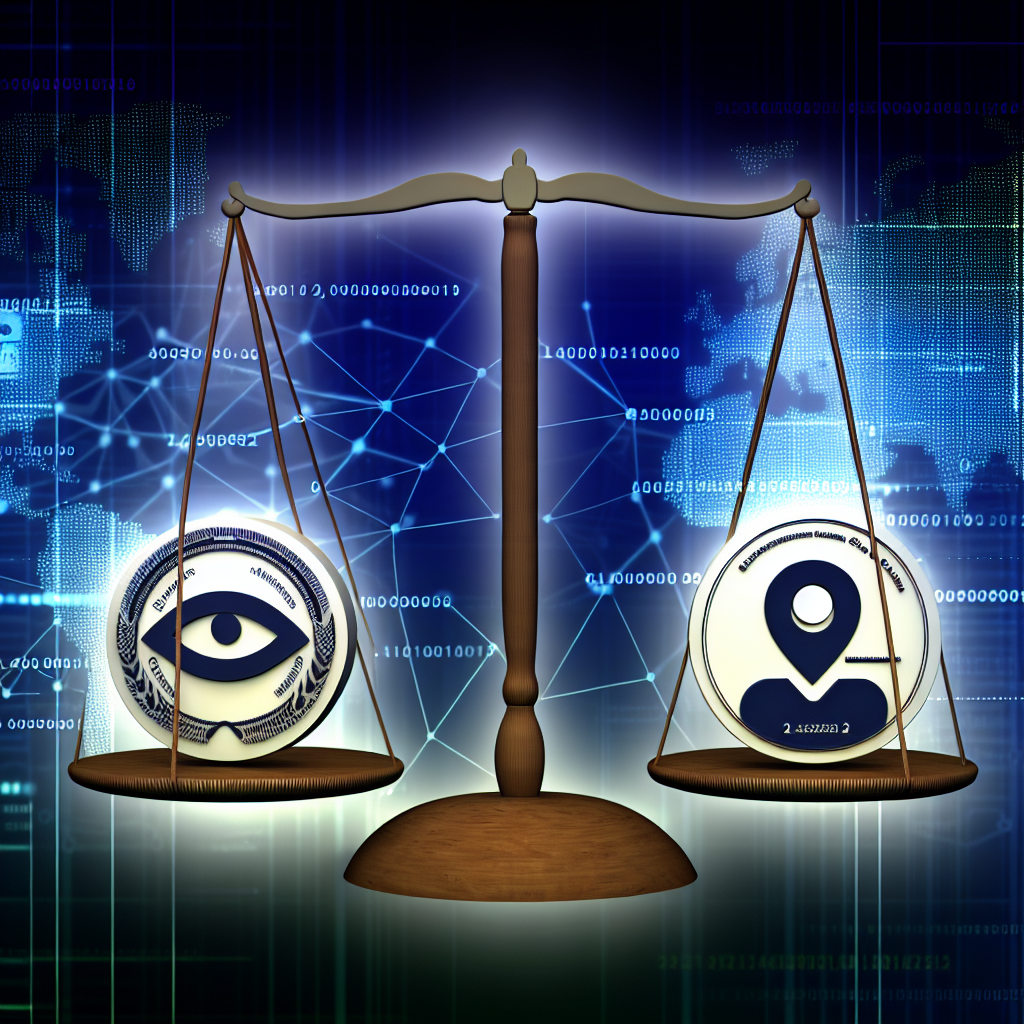Cash App vs PayPal: Is Cash App Really Better Than PayPal?
When it comes to transferring money online, two popular options that come to mind are Cash App and PayPal. Both platforms have gained significant popularity in recent years, offering users a convenient way to send and receive money, make online purchases, and more. However, if you’re trying to decide between Cash App and PayPal, you may be wondering which one is better suited to your needs. In this article, we will compare Cash App and PayPal in terms of features, fees, security, and user experience to help you determine which platform may be the right choice for you.
Features:
Cash App: Cash App, developed by Square Inc., is known for its user-friendly interface and simplicity. The app allows users to send money to friends and family, receive direct deposits, invest in stocks and Bitcoin, and make purchases with the Cash Card. Cash App also offers a feature called Cash Boost, which provides users with discounts at select merchants when using their Cash Card.
PayPal: PayPal is a well-established online payment platform that offers a wide range of features. In addition to sending and receiving money, PayPal allows users to shop online, transfer money internationally, and link their account to their bank for easy withdrawals. PayPal also offers PayPal Credit, a line of credit that can be used for online purchases and payments.
Both Cash App and PayPal offer mobile apps for iOS and Android devices, making it easy for users to manage their accounts on the go.
Fees:
Cash App: Cash App is known for its straightforward fee structure. Sending money using a linked bank account or debit card is free, while credit card transactions incur a 3% fee. Cash App also charges a 1.5% fee for instant transfers from your Cash App account to your linked bank account.
PayPal: PayPal also charges fees for certain transactions. While sending money to friends and family in the US is free when using a linked bank account or PayPal balance, there is a fee for using a credit or debit card. Cross-border transactions and currency conversions may also incur additional fees.
Security:
Cash App: Cash App takes security seriously and offers features such as fingerprint ID, PIN entry, and account notifications to help protect users’ accounts. Cash App also uses encryption to secure users’ personal and financial information.
PayPal: PayPal is known for its strong security measures, including encryption technology, fraud monitoring, and risk-based authentication. PayPal also offers users the option to set up two-factor authentication for added security.
User Experience:
Cash App: Many users appreciate Cash App for its clean and intuitive interface. The app’s design makes it easy to send and request money, split bills with friends, and manage your account. Cash App also offers a streamlined sign-up process, allowing users to create an account quickly and easily.
PayPal: PayPal’s user experience is also generally positive, with users praising the platform for its reliability and convenience. However, some users have reported issues with frozen accounts, long customer service wait times, and disputes over transactions. PayPal’s interface may also be considered more complex compared to Cash App.
Conclusion:
When comparing Cash App and PayPal, both platforms have their own strengths and weaknesses. Cash App is known for its simplicity and user-friendly design, making it a great option for those who prioritize ease of use. On the other hand, PayPal offers a wider range of features and international capabilities, making it suitable for users who require more advanced payment options.
In the end, the choice between Cash App and PayPal will depend on your specific needs and preferences. Whether you value simplicity, a wide range of features, or strong security measures, both Cash App and PayPal are reputable platforms that can meet your online payment needs.
